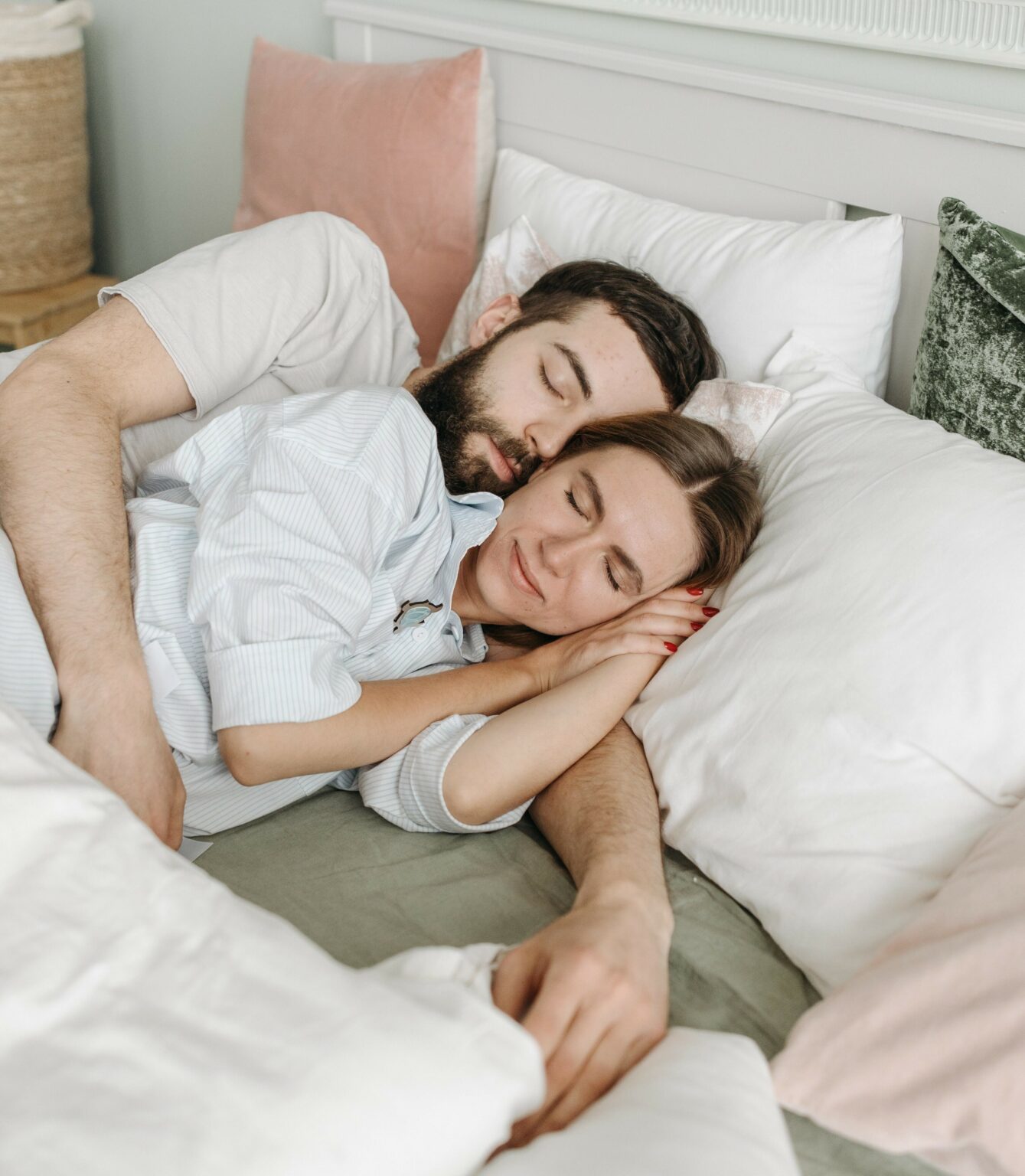Are you or a loved one struggling with sleep apnea and wondering whether a sleep apnea oral appliance dentist near you is a better choice than searching for CPAP near you? Sleep apnea is a common sleep disorder that affects millions of people worldwide, and finding the right treatment is crucial for improving sleep quality and overall health. In this article, we will explore the benefits of seeking a sleep apnea oral appliance dentist nearby compared to relying on CPAP therapy. Let’s delve into the world of sleep apnea solutions and discover the advantages of each.
Understanding Sleep Apnea:
Before we dive into the comparison between sleep apnea oral appliances and CPAP, it’s essential to understand what sleep apnea is and how it affects your life. Sleep apnea is a chronic condition characterized by interruptions in breathing during sleep. These interruptions, known as apneas, can happen multiple times per hour and result in poor sleep quality. The two most common types of sleep apnea are obstructive sleep apnea (OSA) and central sleep apnea (CSA).
OSA occurs when the muscles in the throat relax excessively, causing the airway to become blocked, while CSA is related to a failure of the brain to send proper signals to the muscles that control breathing. Both types can have severe consequences for your health, leading to excessive daytime fatigue, reduced cognitive function, and an increased risk of conditions such as high blood pressure, heart disease, and diabetes.
The Role Of CPAP Therapy:
Continuous Positive Airway Pressure (CPAP) therapy is a widely recognized treatment for sleep apnea. It involves the use of a CPAP machine, which delivers a constant flow of air pressure through a mask that keeps your airway open during sleep. The increased air pressure prevents airway collapse, reducing or eliminating apneas. CPAP is effective for many sleep apnea sufferers and can provide immediate relief by improving oxygen levels and sleep quality.
CPAP machines are generally prescribed by sleep specialists and are considered the gold standard for severe sleep apnea cases. They are effective at maintaining consistent airflow throughout the night, which can be a life-saving solution for some individuals. However, CPAP therapy comes with its own set of challenges and may not be the best option for everyone.
Challenges Of CPAP Therapy:
While CPAP therapy can be highly effective, it has certain drawbacks that can make it less appealing to some patients:
- Mask Discomfort: The CPAP mask can be uncomfortable, and some individuals find it challenging to adapt to wearing it throughout the night. The sensation of wearing a mask on the face can be claustrophobic or irritating for some people.
- Compliance Issues: Compliance with CPAP therapy is essential for it to be effective. Unfortunately, some users struggle to use their CPAP machine consistently, which can reduce the treatment’s efficacy.
- Noise: CPAP machines can be noisy, which can disturb the sleep of both the user and their sleeping partner.
- Travel Restrictions: CPAP machines can be cumbersome to travel with, which can be inconvenient for those who frequently move around or enjoy traveling.
The Role Of Sleep Apnea Oral Appliances:
Now, let’s explore the alternative option for treating sleep apnea: sleep apnea oral appliances. These devices, often called mandibular advancement devices (MADs) or tongue retaining devices (TRDs), are designed to be worn during sleep. They work by repositioning the lower jaw or tongue to keep the airway open, preventing obstructions and apneas.
The Benefits Of Sleep Apnea Oral Appliances:
- Comfort: One of the primary advantages of oral appliances is their comfort. Unlike CPAP masks and machines, oral appliances are smaller, less invasive, and do not require a constant flow of air. This comfort can lead to better compliance and more consistent use.
- Quiet: Oral appliances are virtually silent, making them a great choice for those who are sensitive to noise and for couples who share a bed.
- Portability: Oral appliances are small and easy to transport, making them a convenient choice for travelers.
- Customization: Many oral appliances can be custom-made to fit an individual’s mouth comfortably, which further enhances their effectiveness.
Choosing Between A Sleep Apnea Oral Appliance Dentist And CPAP Near Me:
When deciding between seeking a sleep apnea oral appliance dentist near you or opting for CPAP therapy, several factors come into play:
- Severity of Sleep Apnea: The severity of your sleep apnea is a critical factor in determining the most appropriate treatment. Severe cases may require CPAP therapy, while milder cases may benefit from oral appliances.
- Personal Comfort: Your comfort and ability to adapt to the treatment are vital. If you find CPAP uncomfortable or noisy, an oral appliance may be a better fit for your lifestyle.
- Compliance: Consistency is key for successful sleep apnea treatment. Consider your ability to comply with CPAP therapy versus using an oral appliance.
- Travel and Lifestyle: If you travel frequently or have an active lifestyle, the portability of oral appliances may make them a more practical choice.
- Consultation with a Sleep Apnea Specialist: Consultation with a sleep apnea specialist or dentist is essential. They can assess your specific needs, diagnose your sleep apnea severity, and provide personalized recommendations.
Conclusion:
The decision between seeking a sleep apnea oral appliance dentist near me and searching for CPAP near me depends on various factors, including the severity of your condition, personal comfort, compliance, and lifestyle. Both options can be effective in treating sleep apnea, but the key is to choose the one that aligns with your individual needs and preferences. Consulting with a sleep apnea specialist or dentist is the first step in making an informed decision. Ultimately, the goal is to improve your sleep quality, overall health, and well-being, regardless of which treatment option you choose.


